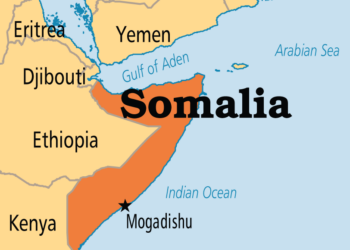Searching for the missing MH370

Seafarers transiting the Indian Ocean and South China Sea have been urged by the International Maritime Bureau (IMB) to listen out for maritime satellite safety messages as part of efforts to locate missing Malaysian airliner MH370.
Noel Choong, head of the IMB Piracy Reporting Centre said: “We are assisting in the search by sending our Inmarsat satellite broadcast (Enhanced Group Call) EGC SafetyNET’ to ships at sea – requesting them to report any aircraft wreckage or debris found floating at sea.“
Mr Choong said the IMB is continuing safety broadcasts to all ships transiting both those areas – which it started on 8 March 2014, the same day the plane went missing with 239 people onboard.
“We are changing the text as and when necessary as per the Malaysian Authorities findings or requests. The coordination is being done by the Malaysian Air Rescue Coordinating Centre (ARCC) and all information is being passed to them for action,” added Mr Choong.
The IMB broadcast coverage area included the huge new search area in the Indian Ocean, as well as the South China Sea, and the Malacca Straits, he said.
“Thousands of ships equipped with the Inmarsat C receiver will automatically receive this safety broadcast message in the coverage area. At the same time we are also sending messages to Company Security Officers (CSOs) and others to request them to advise their vessels to look out for the missing aircraft,” explained Mr Choong.
The SafetyNET service sent by the IMB is an element of the International Maritime Organisation’s Global Maritime Distress and Safety System.
Source: Nautilus Int
Read latest updates from the missing airplane at the following articles
The Guardian –Malaysia Airlines flight MH370: how the search has unfolded, day by day
CNN – Malaysia Airlines Flight 370 search grows as pilots face increased scrutiny
CBC news – Malaysia Airlines MH370 plane most likely in southern Indian Ocean
Reuters – Radar data suggests missing Malaysia plane deliberately flown way off course- sources






























































